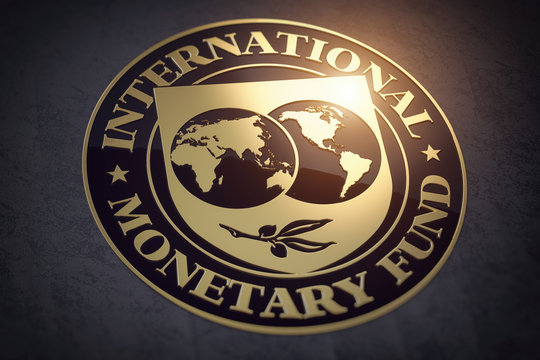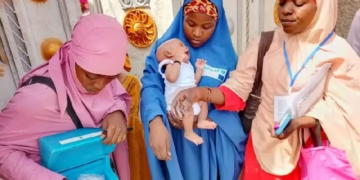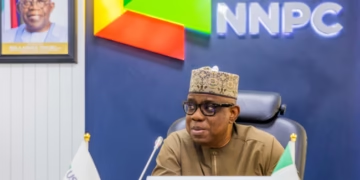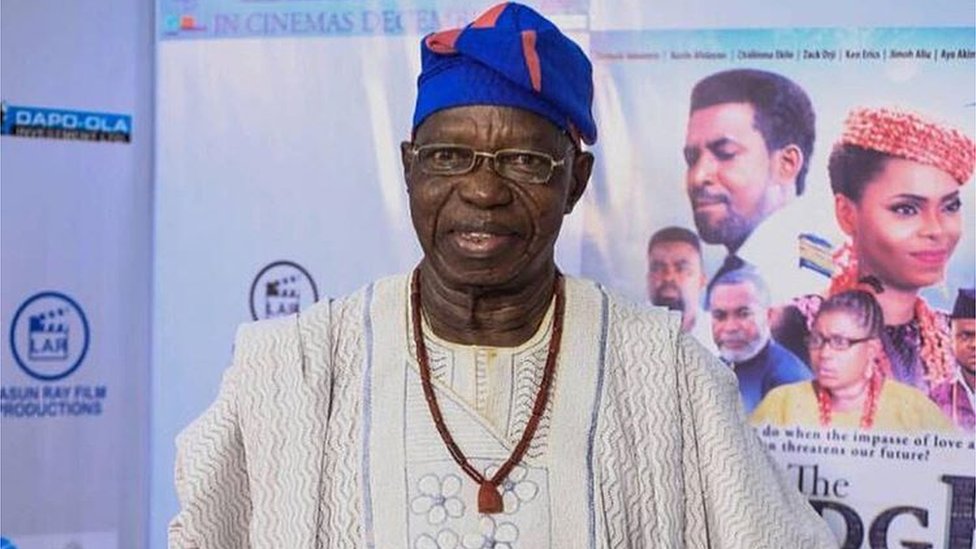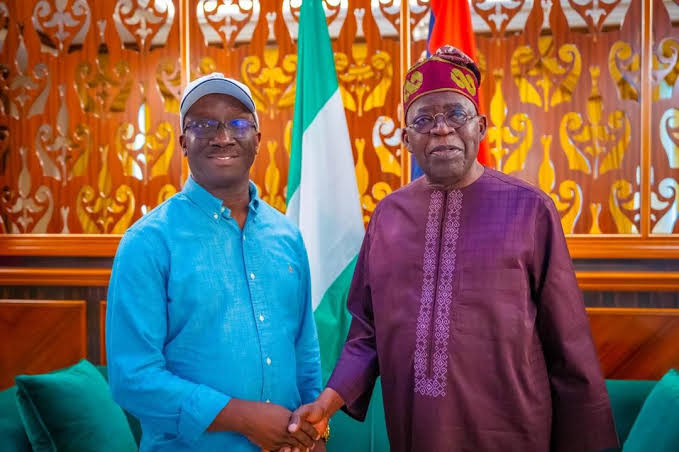Medical tourism drains Nigeria’s economy of $1.1bn annually, says Afreximbank, urging investment in local healthcare to reverse capital flight
[dropcap]M[/dropcap]edical tourism drains Nigeria’s economy of an estimated $1.1 billion annually, according to the African Export-Import Bank, which has described the trend as a dangerous outflow of foreign exchange and a major hindrance to domestic healthcare development.
Also read: Far too small to tackle crises, Bill Gates warns Nigeria’s health spending
This revelation was made by Afreximbank’s Managing Director for Export Development, Mrs Oluranti Doherty, during the 32nd Annual Meetings of the Bank, held in Abuja on Thursday.
“We had our member countries losing a lot of foreign exchange to medical tourism,” Doherty said.
“In Nigeria alone, annual medical tourism costs are about $1.1 billion. For the entire continent, the figure is around $7 billion. That is money going to other economies, building their institutions while ours struggle.”
Doherty decried the economic consequences of the health sector’s dependence on foreign countries, stating that the capital flight could have otherwise been invested in critical infrastructure and services at home.
She noted that this outflow was compounded by the brain drain in the healthcare sector, as Nigeria and other African countries continue to lose their most talented medical professionals to countries such as India, the United States, the United Kingdom, and Middle Eastern nations.
“The best talents in our health sector are leaving,” she added.
In Nigeria alone, annual medical tourism costs are about $1.1 billion. For the entire continent, the figure is around $7 billion. That is money going to other economies, building their institutions while ours struggle.
“We are bleeding expertise to countries abroad, and this often exacerbates the issues we face in delivering quality care locally.”
In response, Afreximbank launched its Health and Medical Tourism Programme in 2012, recognising the clear connection between a healthy population and sustainable economic growth.
A flagship initiative under the programme is the Africa Medical Centre of Excellence (AMCE), currently under construction in Abuja.
Doherty highlighted that the 170-bed facility will be outfitted with cutting-edge technologies, including an 18 MeV cyclotron, a three-Tesla MRI machine, and a 20-bed intensive care unit.
“Afreximbank had to go where no one else would,” she said.
“We’re not just matching African standards—we’re talking about global standards. The AMCE is a testament to African solutions for African challenges.”
The Bank has already committed over $450 million to the project.
Doherty urged African governments, particularly Nigeria’s, to restore public trust in local healthcare systems and develop robust policies to expand access and improve service quality.
This, she said, is essential to stem the rising tide of outbound medical tourism.
Also read: Wale Tinubu’s Afreximbank AAM2025 speech to spotlight Africa-Caribbean economic ties
“The challenge is clear,” she concluded. “We must make healthcare a national priority—not just for health, but for our economic survival.”





